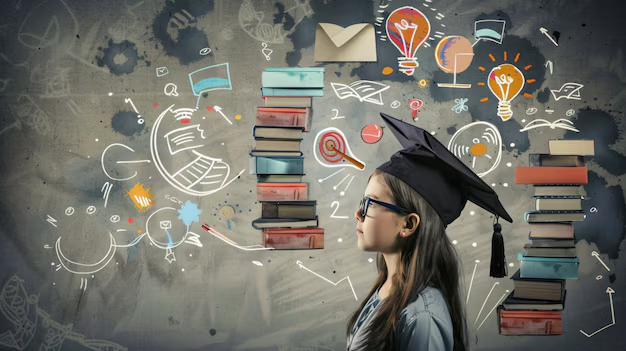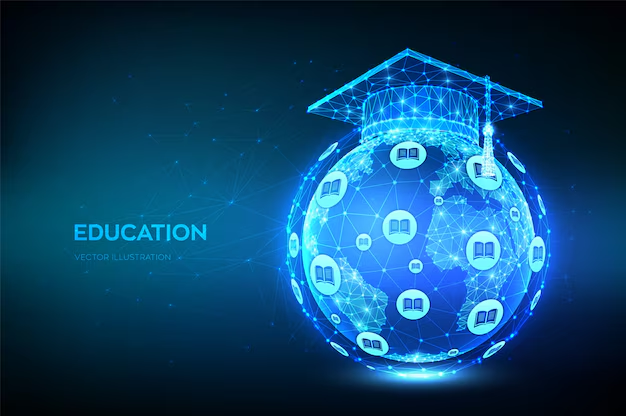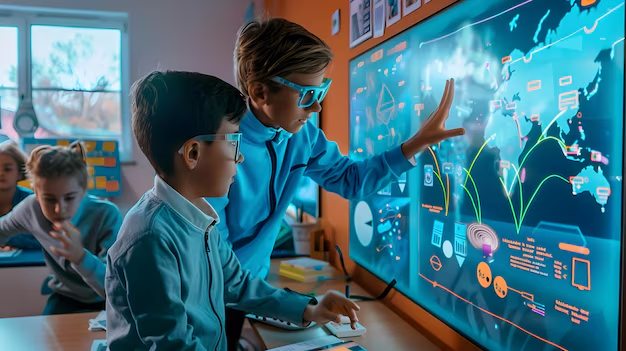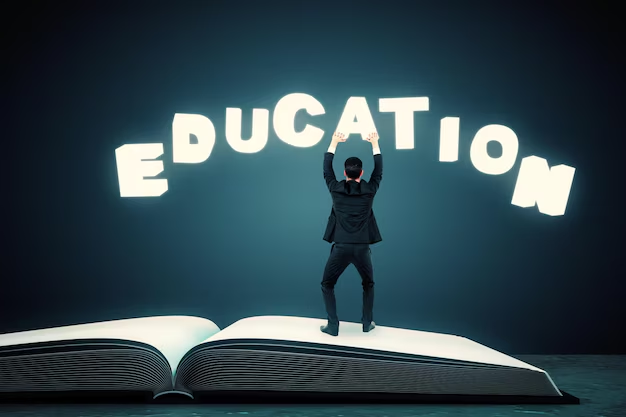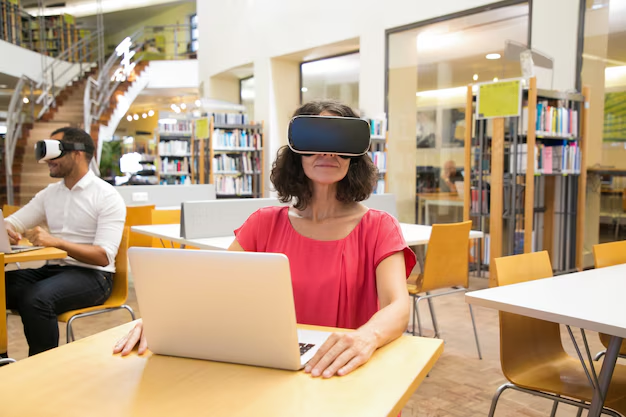Introduction: Education is the catalyst for change in society. It is through education that knowledge is gained, and with knowledge comes the power to take action. The relationship between education and societal progress is undeniable—educated individuals not only contribute to their personal growth but also to the advancement of the community and the world at large. This article explores the transformative impact of education on society, how it turns knowledge into action, and why it is essential for building a better future.
The Link Between Knowledge and Action:
- Empowering Individuals to Take Action: Knowledge empowers individuals to make informed decisions that can positively affect their lives and the world around them. By acquiring critical thinking, problem-solving, and decision-making skills, education equips individuals to identify issues, develop solutions, and take meaningful action.
- Informed Decision-Making: Education provides individuals with the ability to evaluate situations, understand diverse perspectives, and make well-thought-out decisions. Informed citizens are more likely to take action in a manner that promotes social good, from voting in elections to making responsible choices that contribute to environmental sustainability.
- Turning Ideas into Solutions: Knowledge alone is not enough—action is essential for bringing about change. Education gives people the tools to turn their ideas and innovations into tangible solutions. From technological breakthroughs to social justice movements, education plays a key role in creating positive change by motivating individuals to act on their knowledge.
The Societal Benefits of Education:

- Driving Economic Development: Education fuels economic growth by equipping individuals with the skills and knowledge required to succeed in the workforce. A well-educated population leads to higher productivity, innovation, and competitiveness, driving a nation’s economic development. As people gain more skills, they can access better job opportunities, reducing poverty and inequality.
- Fostering Social Change: Education is the foundation of social change. By providing individuals with the ability to understand societal issues, question norms, and challenge injustice, education sparks movements that lead to positive social transformation. Historically, education has been at the heart of civil rights, gender equality, and environmental movements that have reshaped society.
- Promoting Civic Responsibility: Education instills a sense of civic duty in individuals, encouraging them to be active participants in their communities. Educated citizens are more likely to engage in democratic processes, volunteer, and advocate for policies that benefit society as a whole. In this way, education serves as a bridge between individual development and collective action.
- Breaking the Cycle of Poverty: Education is one of the most powerful tools for breaking the cycle of poverty. By offering people access to better education, society can provide them with the opportunity to secure better-paying jobs and build wealth for themselves and their families. In this way, education helps reduce income inequality and creates a more equitable society.
The Role of Education in Addressing Global Challenges:
- Tackling Climate Change: Education is vital for raising awareness about global challenges, such as climate change. By educating the next generation about environmental issues, sustainability, and green technologies, we can inspire individuals to take action to protect the planet. Schools and universities are training the scientists, activists, and leaders who will lead the charge in combating climate change.
- Promoting Global Citizenship: Education fosters a sense of global citizenship by encouraging individuals to understand and appreciate the interconnectedness of the world. With a strong emphasis on cultural awareness, human rights, and global cooperation, education equips people with the mindset necessary to address global issues and contribute to worldwide efforts for peace and development.
- Health and Wellness: Education plays a key role in promoting public health by providing people with the knowledge needed to make healthy choices. From understanding the importance of nutrition to combating preventable diseases, education empowers individuals to lead healthier lives and contribute to the well-being of society.
The Future of Education and Its Ongoing Impact:
- Adapting to Technological Advances: As technology continues to evolve, so too must education. The future of education will involve leveraging digital tools and platforms to provide more flexible, accessible, and personalized learning experiences. These innovations will ensure that education continues to prepare individuals to act on the challenges and opportunities of the modern world.
- Encouraging Lifelong Learning: Education should not end with formal schooling—it is a lifelong pursuit. Encouraging lifelong learning ensures that individuals remain adaptable and can continue to acquire new skills throughout their lives. With constant changes in the job market and global challenges, lifelong education will be key to turning knowledge into action.
- Building Inclusive Education Systems: A society that values inclusivity must ensure that everyone has access to education, regardless of their background. Creating equitable education systems will allow all individuals to reach their full potential and contribute to society’s progress. By prioritizing inclusive education, we can ensure that knowledge and action are available to all.
Also Read : Building Strong Foundations: The Vital Importance Of Education
Conclusion: Education is not just about acquiring knowledge; it’s about using that knowledge to create meaningful action. The impact of education on society is vast and far-reaching, from driving economic development to fostering social change and addressing global challenges. By continuing to invest in education, we can build strong foundations for a better, more sustainable future, where knowledge transforms into action for the benefit of all.
SEO Optimized Keywords Used:
- Impact of education on society
- Knowledge to action
- Education and societal progress
- Empowering individuals through education
- Education for economic growth
- Education fostering social change
- The role of education in global challenges
- Benefits of education
- Education for civic responsibility
- Breaking the cycle of poverty with education
- Lifelong learning
- Education and innovation
- Global citizenship through education
- Education for sustainability
- Future of education
- Education and climate change action
- Importance of education for societal transformation

